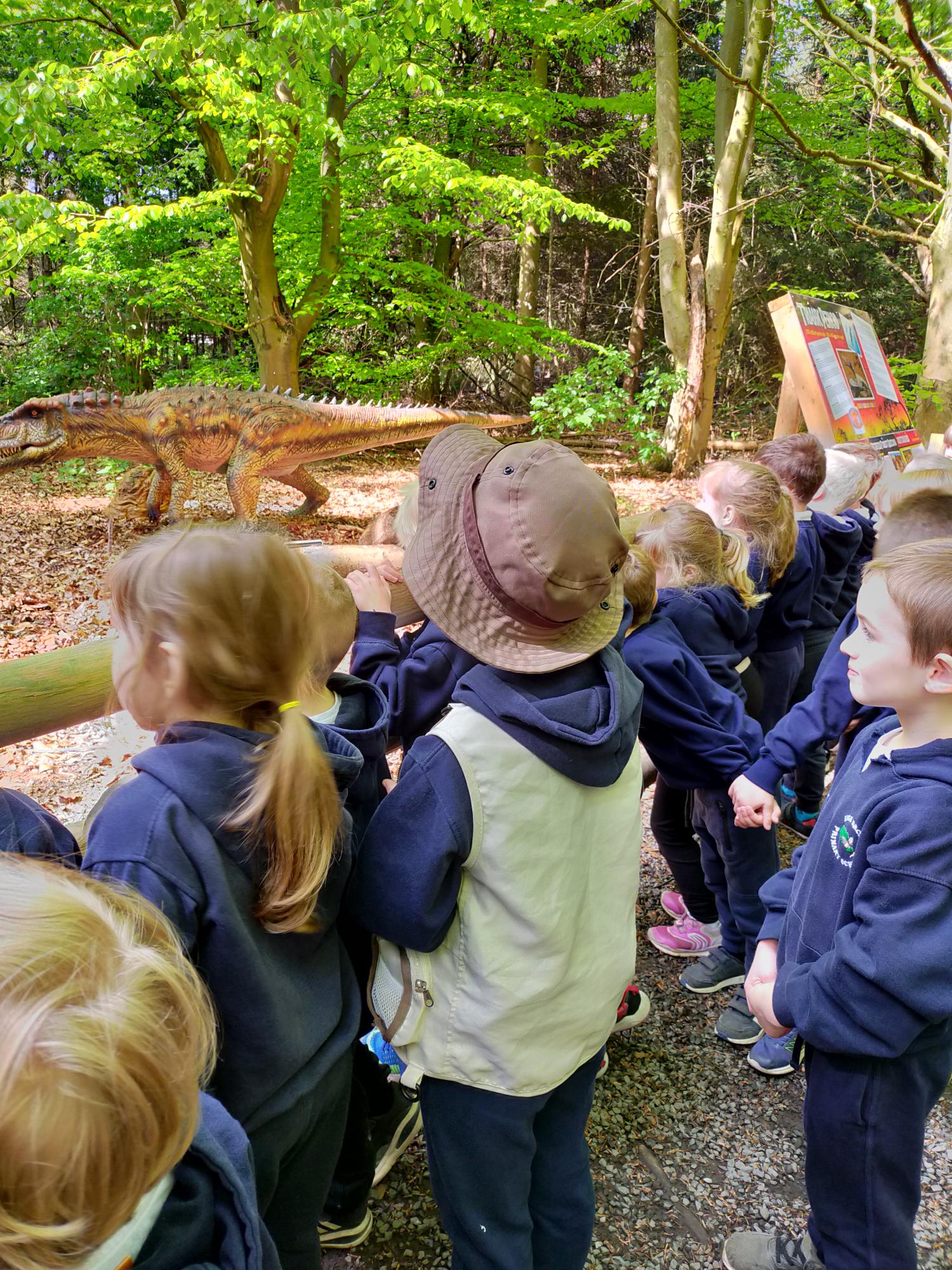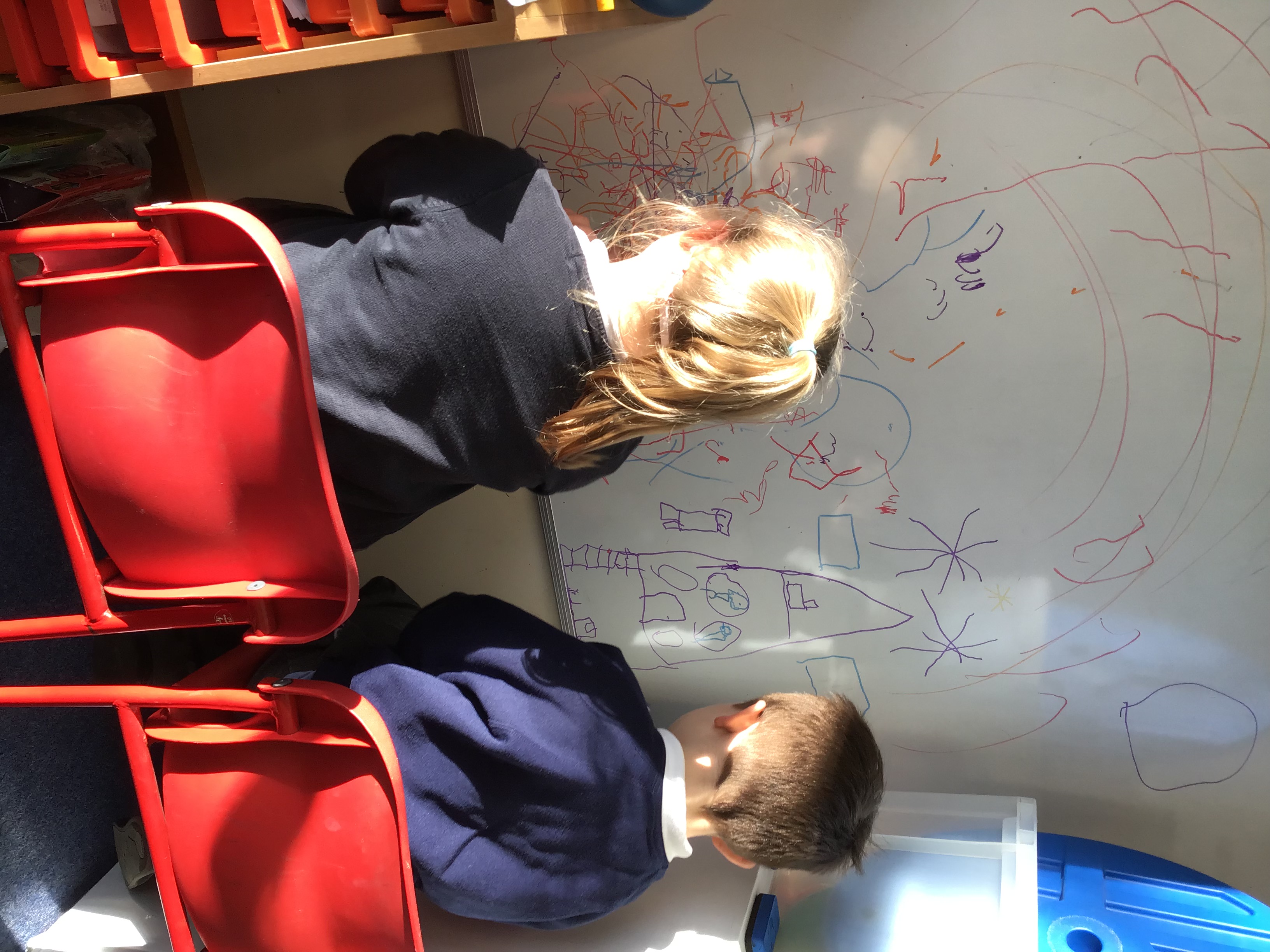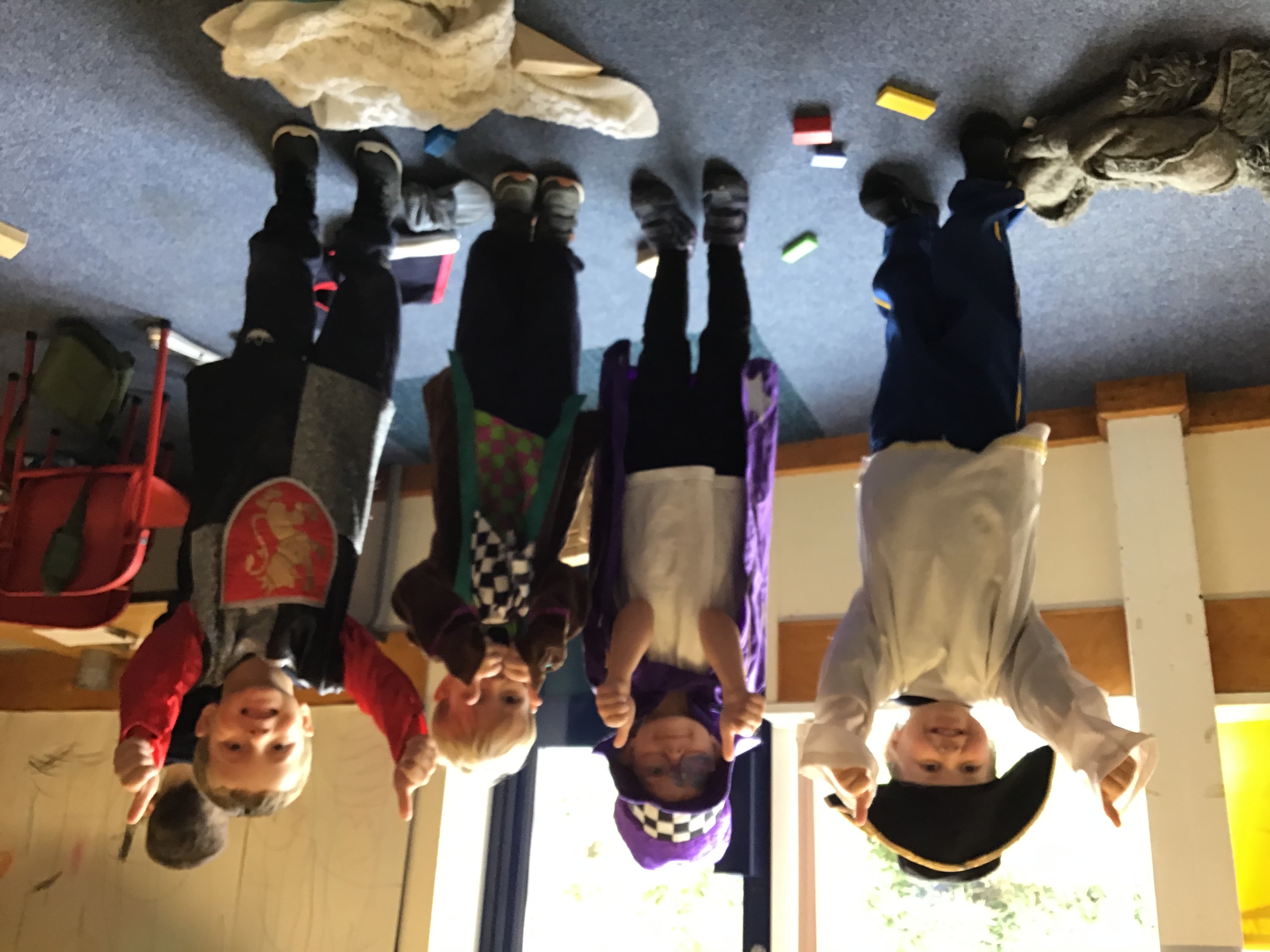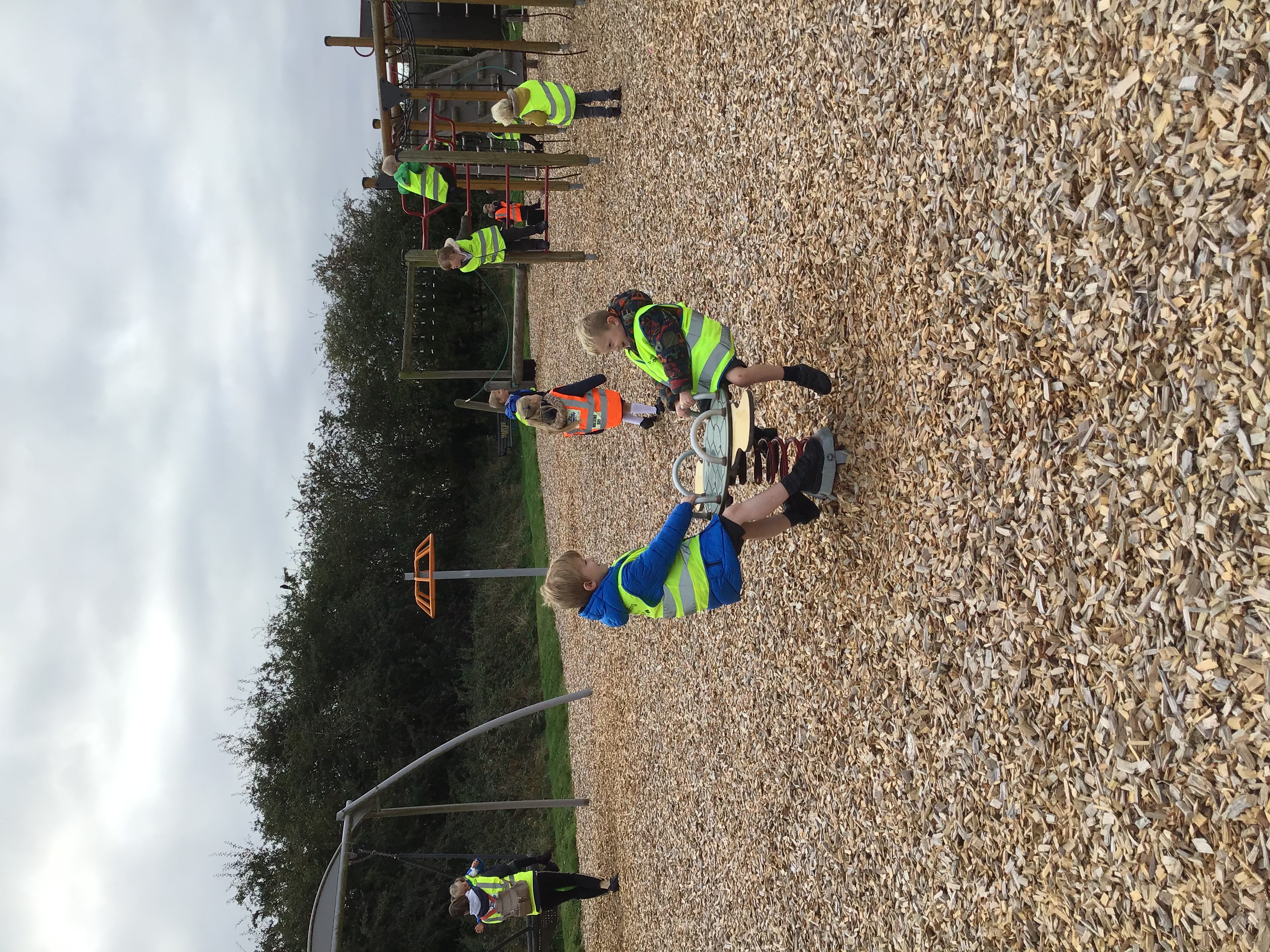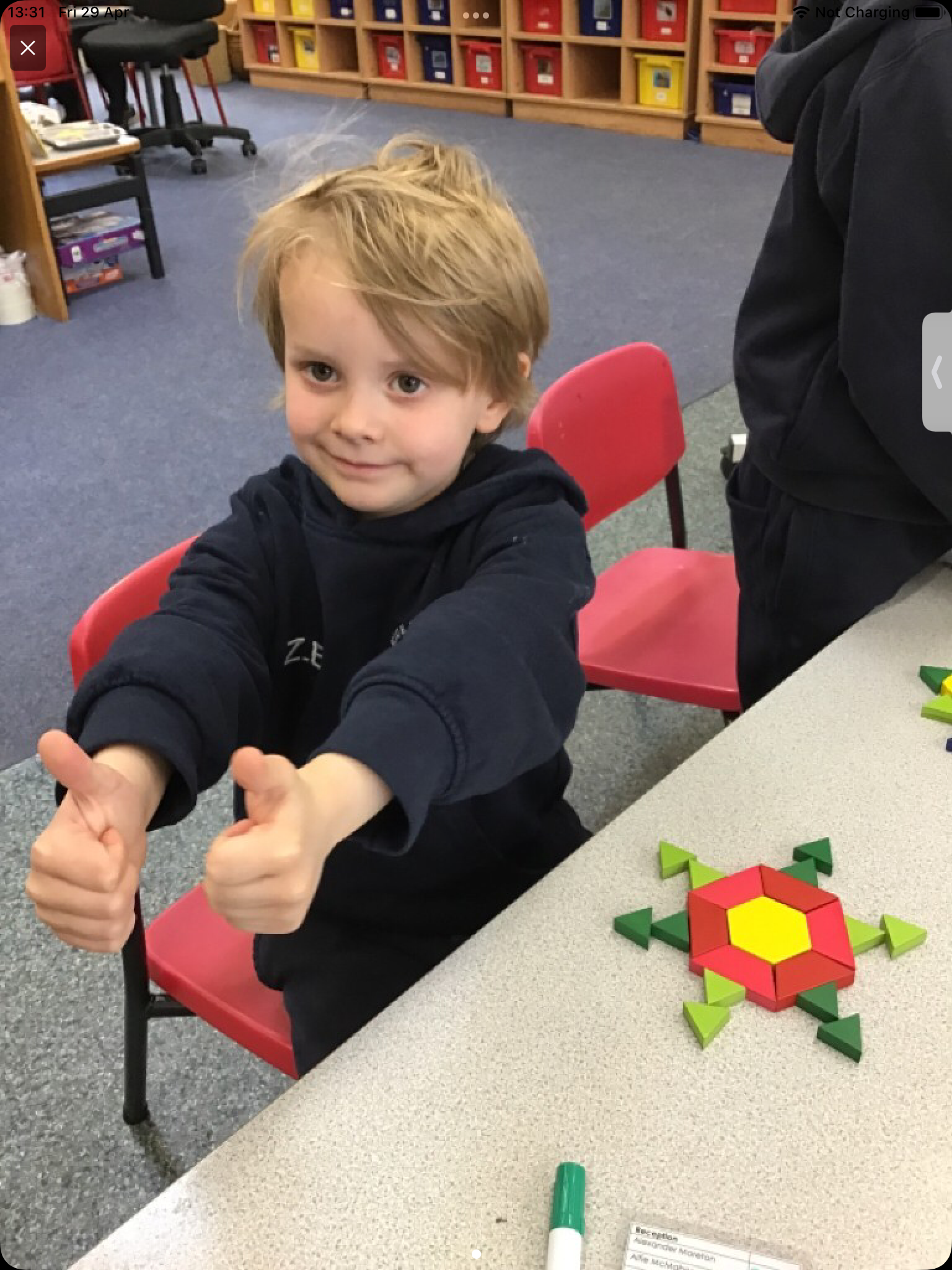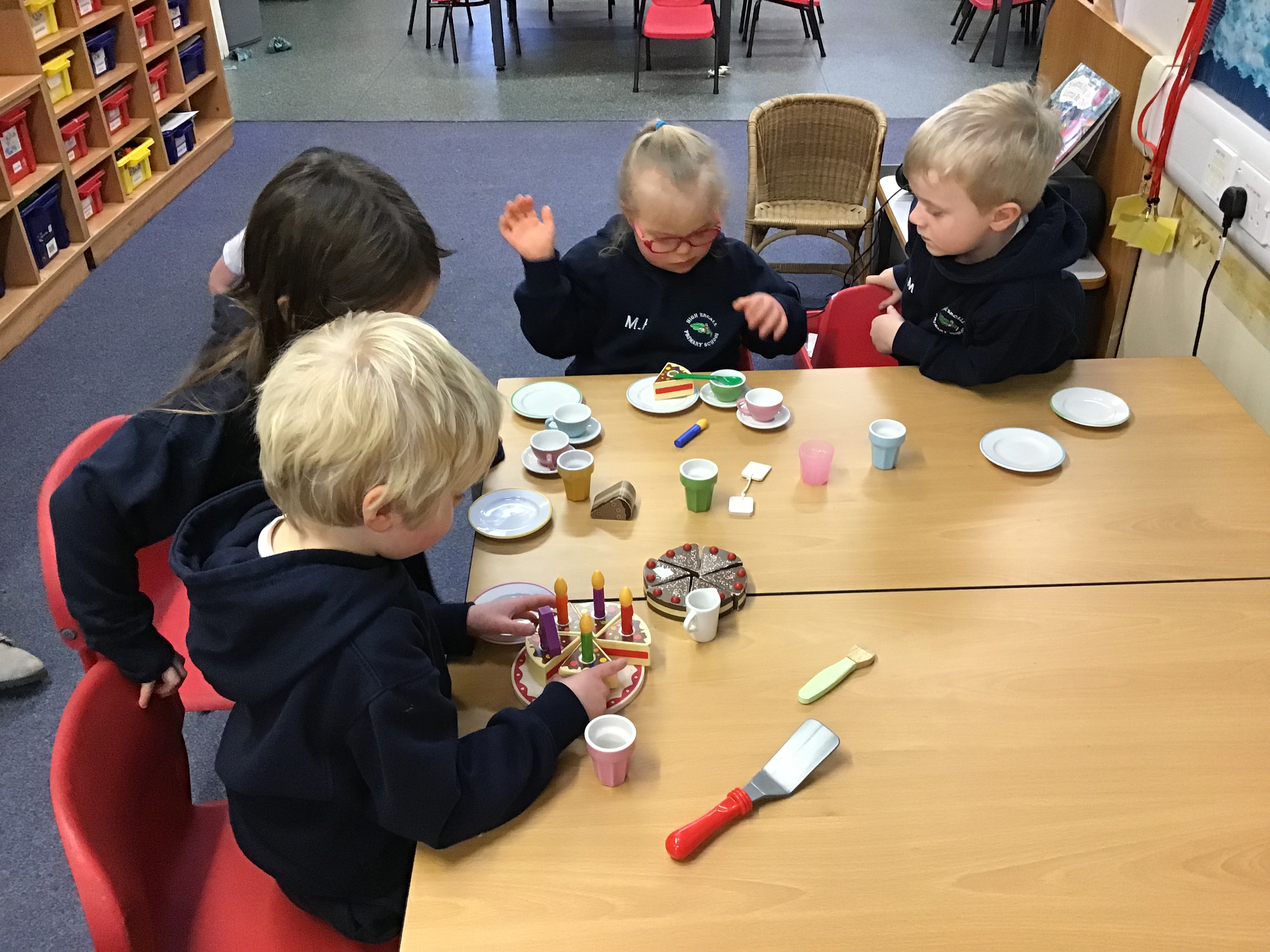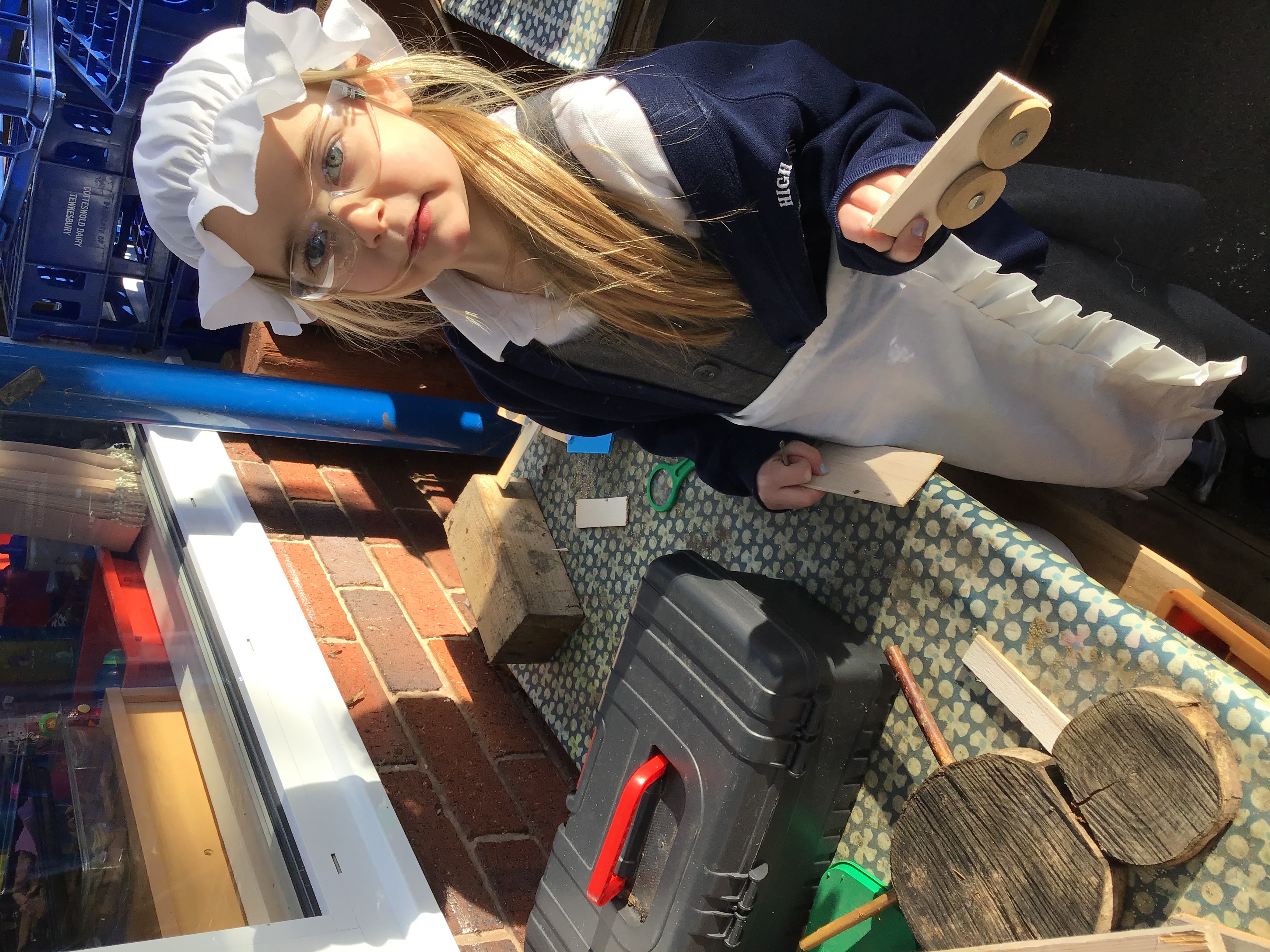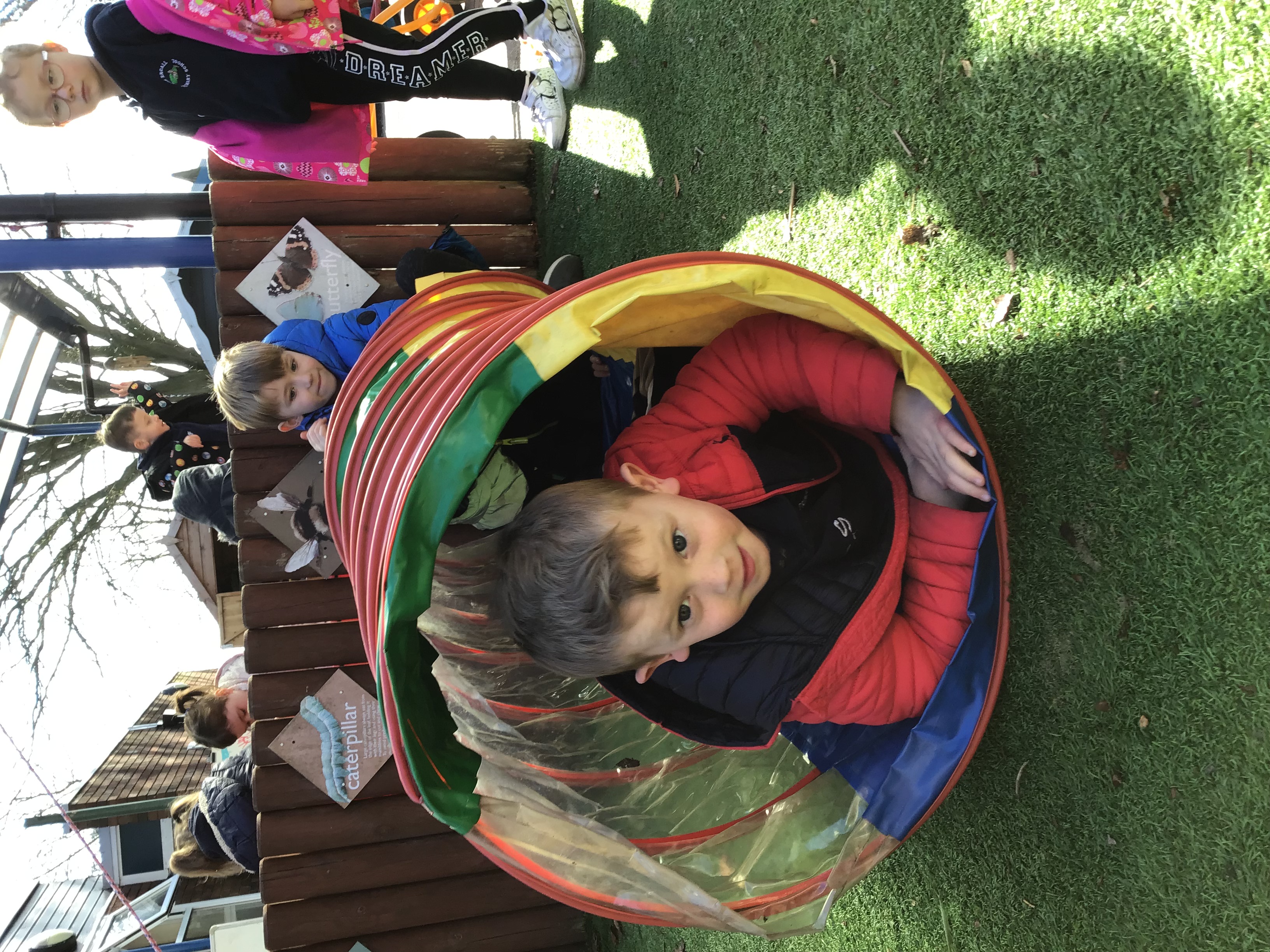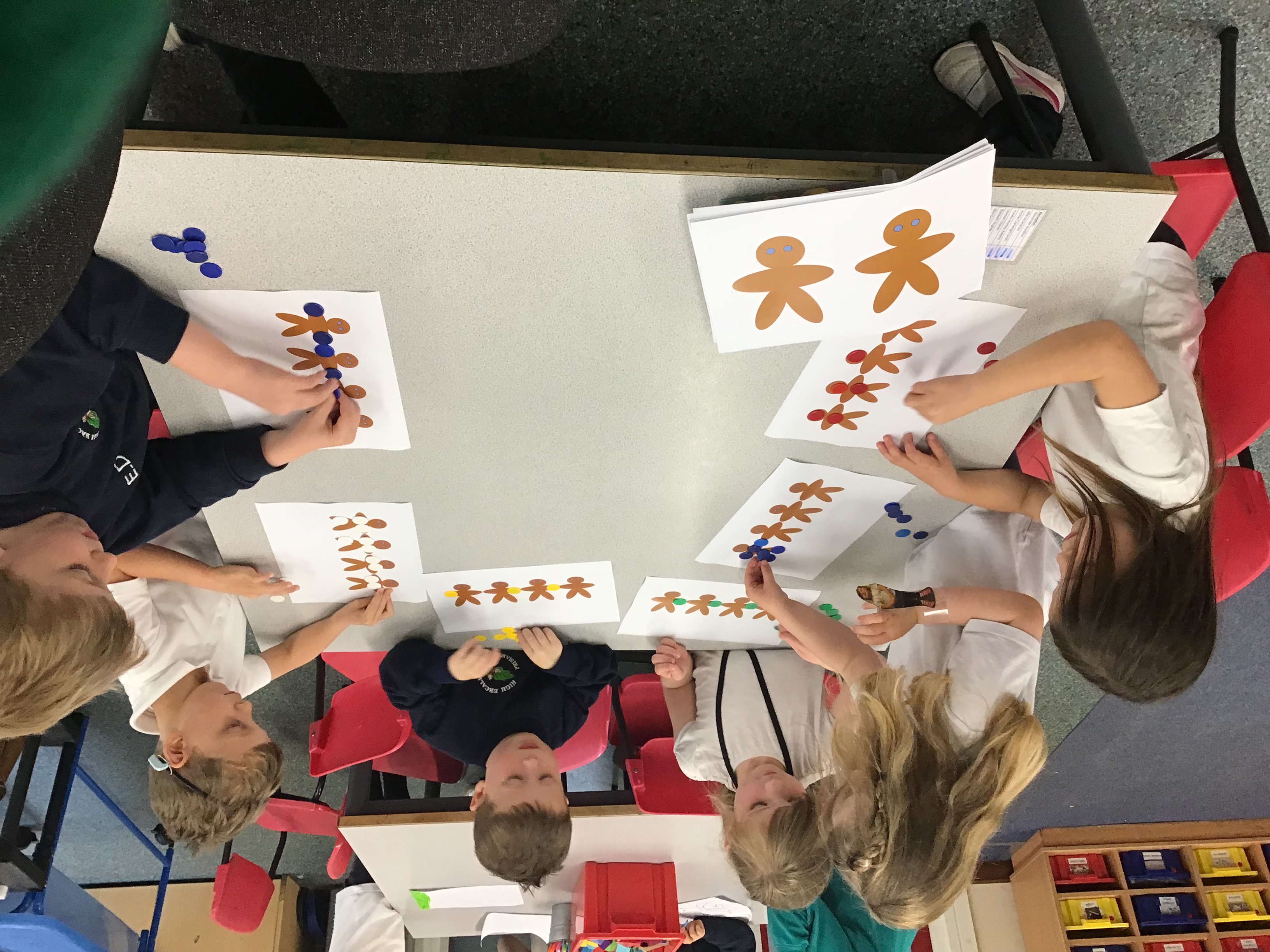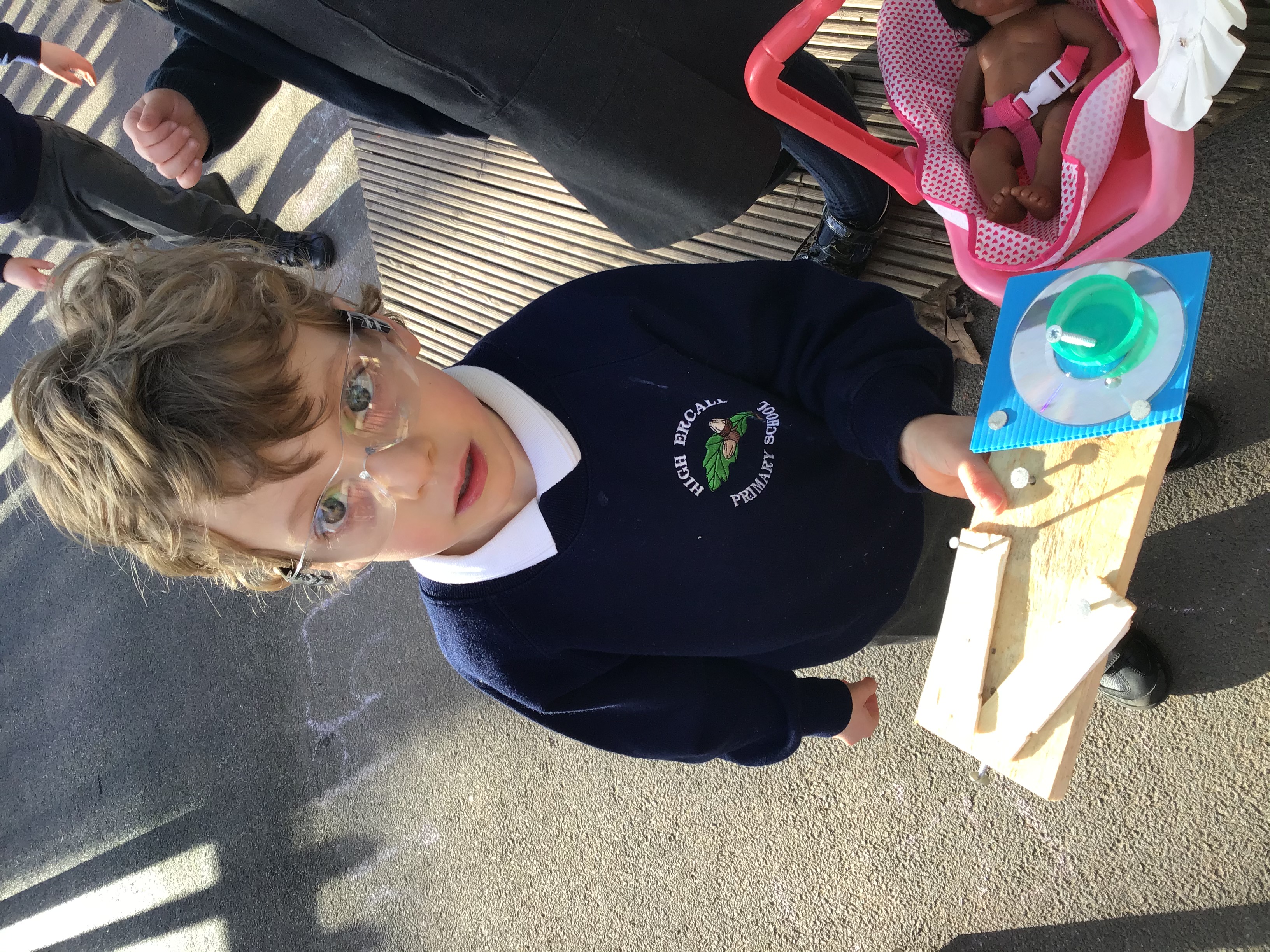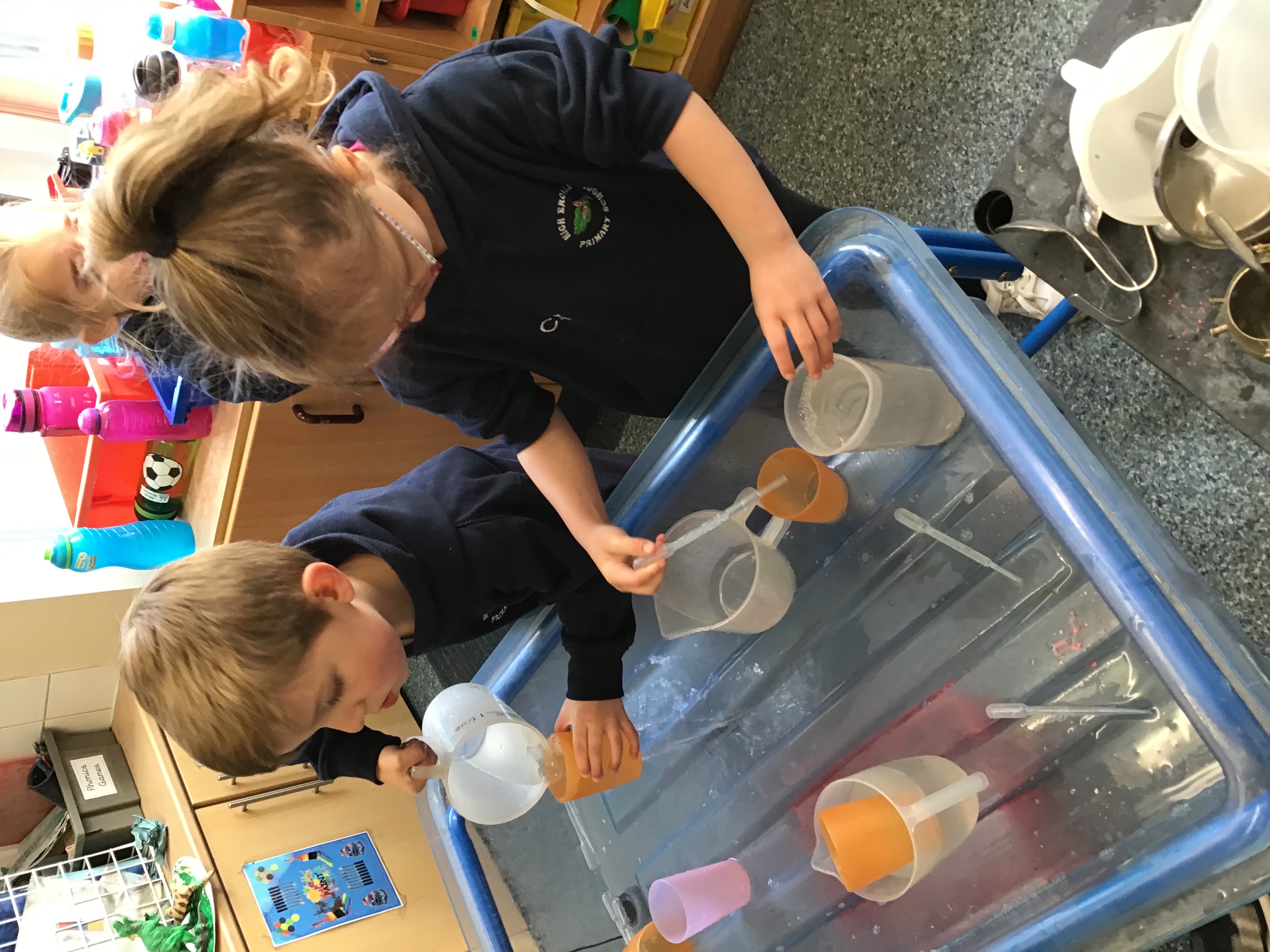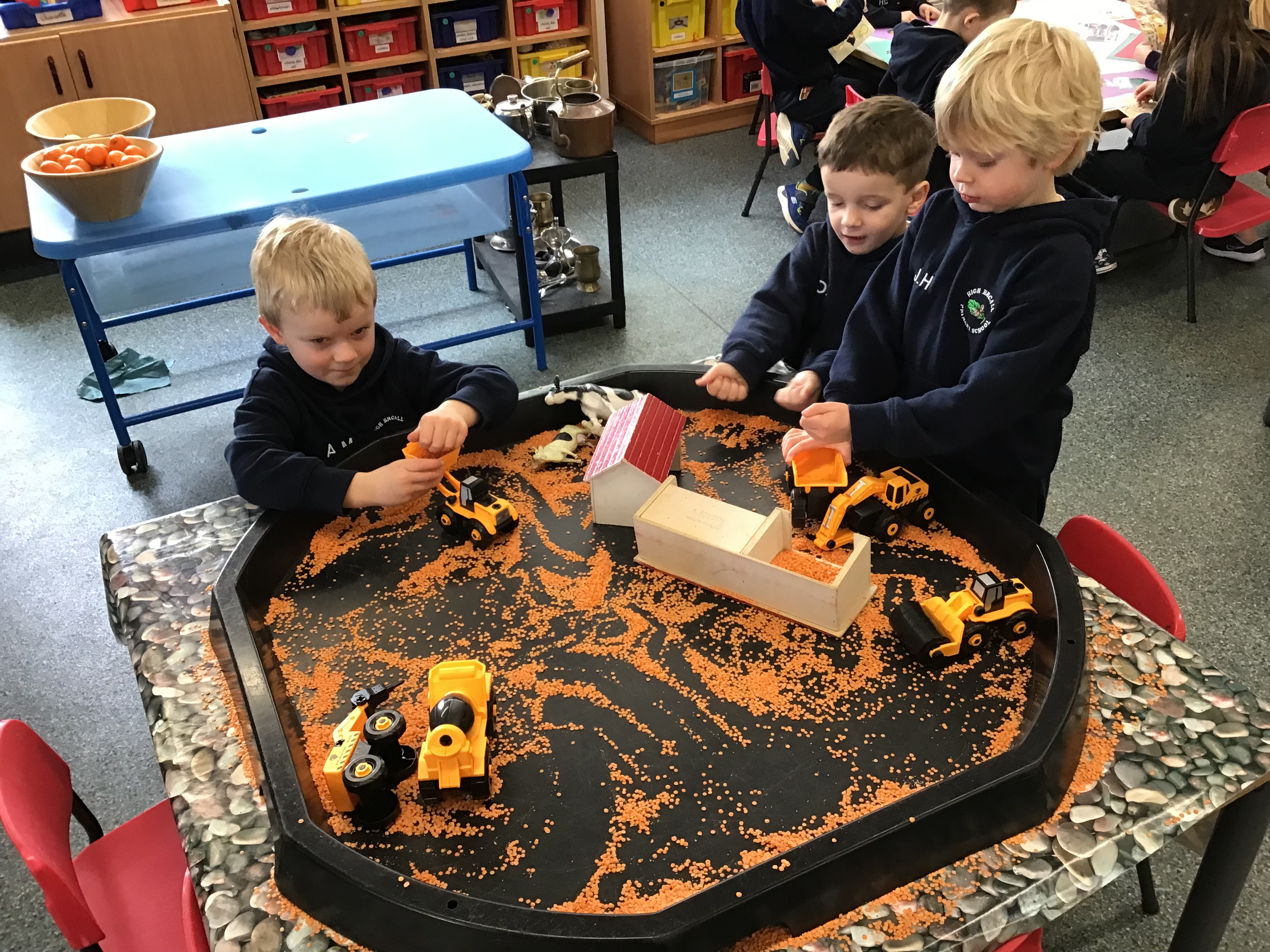Intent
What does EYFS look like at High Ercall?
At High Ercall, our Early Years Foundation Stage class, Class 1, provides a happy, safe, and stimulating environment, which allows all children to feel secure and valued and therefore ready and eager to learn. We want every child to flourish and learn at their own pace and in their own individual way. At High Ercall, the EYFS curriculum is designed to recognise children’s prior learning from previous settings and their experiences at home, provide first-hand learning experiences, whilst allowing the children to build and understand our 5Rs: resilience, responsibility, resourcefulness, respect and the ability to reflect. Every child is recognised as a unique individual and we celebrate and welcome differences within our settings. The ability to learn is underpinned by the teaching of key knowledge, concepts, skills and values.
We believe the relationships which the children develop in the Early Years, with each other and with our staff, are central to their happiness and will lay the best possible foundation for them to become independent lifelong learners. Strong relationships with parents enable us to gain a better knowledge of the children and work in partnership together. It is our intent that children who enter our EYFS begin their lifelong learning journey by developing physically, verbally, cognitively, and emotionally whilst also embedding a positive attitude to school and a love of learning.
To ensure our children make outstanding progress within the EYFS, it is our intent to take into consideration their starting points and needs of our pupils as they begin their learning journey. Every child has access to a broad, balanced and differentiated curriculum which prepares them for now and for the future in terms of opportunities and experiences. Following personal interests and individual needs, allows us to plan and provide opportunities throughout our EYFS curriculum to support learning and development and achieve their next steps.
Our EYFS curriculum has been built to include our key curriculum drivers, which underpin our whole school curriculum:
- Our school values, the 5Rs - which develop lifelong attitudes to learning and life
- The role of active learning - within both our inside and outside environments, and extending learning and cultural capital through visits, visitors, events and involvement in our local community
- Building our children’s understanding of diversity - within our community and beyond
In addition, we have decided that our curriculum is built to encourage independence and self-organisation in all areas of the curriculum - linking to our 5R of resilience, sustaining play alone and with others and developing the confidence to choose broader experiences independently.
In our curriculum we have also considered the journey of a child through our school, so that our curriculum is progressive and builds upon the knowledge and concepts taught and introduced in the EYFS, leading into Year 1. This is particularly important when some children remain in Class 1 for two years.
Implementation
How is the curriculum for EYFS organised?
We follow the statutory guidance for the Early Years Foundation Stage throughout the early years. The document supports children’s development and learning from birth to 5 years of age and is supported by ‘Development Matters 2020 - non statutory guidelines', as well as other experiences and opportunities which best meet the developmental needs of the children in our school.
The curriculum and early years practice have been shaped with respect to the four overarching principles:
- every child is a unique child, who is constantly learning and can be resilient, capable, confident and self-assured
- children learn to be strong and independent through positive relationships
- children learn and develop well in enabling environments, in which their experiences respond to their individual needs and there is a strong partnership between practitioners and parents and/or carers
- children develop and learn in different ways and at different rates.
The curriculum programme of study has high expectations to combine transferable skills, demonstrate a breadth of vocabulary and develop strong, meaningful links. Inviting environments inside and outside stimulate children and interests, engaging them in quality thinking and reasoning. Through a ‘thematic’ approach, planning over a 2 year rolling programme, our curriculum is responsive to the children’s needs and carefully sequences key concepts across the curriculum, as the foundation for Key Stage 1. It also ensures a wide variety of cultural experiences for our children.
Each National Curriculum subject progression document begins with the EYFS, so that the knowledge, skills, vocabulary and concepts children will need to understand later on in school, are embedded within the whole school curriculum and start in the early years. These also identify the key concepts taught across school, which begin in the EYFS curriculum - through stories, play and a range of opportunities.
Personal, Social and Emotional Development
Physical Development
Communication and Language
Literacy
Mathematics
Understanding the World
Expressive Arts and Design
These 7 areas are used to plan children’s learning and activities. Planning for this curriculum is designed to be flexible so that a child’s unique needs and interests are supported.
Characteristics of Effective Learning:
- Active Learning
- Playing and Exploring
- Creative and Critical Thinking
Through play, our children explore and develop learning experiences which help them make sense of the world. They practise and build up ideas, learn how to manage their behaviour and understand the need for rules. They have opportunities to think creatively alongside other children as well as individually. They communicate with others as they investigate and solve problems. We observe the children's skills an development in these areas
We plan for a range of teaching and play opportunities for our children including:
Adult led – where the adult is teaching a specific concept, knowledge or a skill giving children opportunities to practice and develop their learning.
Child initiated – where children plan, carry out and evaluate their play, devise their own activities and work independently.
Adult directed – where an adult describes what a child is expected to do to ensure focused learning in a particular area.
Child led – where children choose from a group of activities designed to build on taught knowledge and concepts, but develop the play themselves or build on what they have learnt in an adult led session, showing that they can continue this learning independently.
Pupils work towards the Early Learning Goals of the Early Years Foundation Stage with the intentions of being ready to move onto the National Curriculum Programmes of Study at the start of Year 1. Throughout this period and beyond children are still developing their phonic knowledge and their fluency in reading through structured teaching of daily phonics.
Children with SEND
We take pride in providing a highly inclusive environment, where learners of all abilities can demonstrate high levels of enjoyment in their education and make good progress in their learning. Children at all levels of ability are helped to achieve their potential. Through pupil progress analysis, those who learn rapidly are challenged and supported with tasks that provide opportunities to develop mastery. Those children who are presented with a barrier are provided with targeted support through modified activities and additional interventions in order to embed skills. They may also be supported through an Individual Provision Map with additional support depending on their specific additional needs.
Where necessary a differentiated curriculum or additional support is fully planned to take into account individual needs. Continuous provision is adapted to ensure children can access all activities at their own level. In EYFS, this could mean that a child:
- has TA support to listen at circle time or to understand instructions and questions
- has adult help to record their ideas, or uses talking tins and drawing/mark making
- has targeted support during child initiated time to address any gaps in knowledge or vocabulary
- has support with speech and language following SALT guidance
This is monitored by our SENDCO - Sarah Roberts - and parents are fully engaged and involved.
Impact
How do we ensure progress in EYFS?
From different starting points, children progressing from Reception to transitioning into Year 1 will make good progress academically, emotionally, creatively, socially and physically. Knowledge, understanding and skills will be promoted and eventually mastered to ensure children are ready and fully prepared to begin learning the National Curriculum programme of study in Year 1. We also strive for children to reach the Early Learning Goals at the end of Reception and to be near National expectations.
At the beginning of the reception year, once the children have settled into school, the Reception Baseline Assessment is completed. This informs planning for differentiated learning early on and enables progress tracking from a clear starting point.
We make very regular assessments of children’s learning; this information is used to ensure that future planning reflects identified needs. Assessment in the EYFS takes the form of observation, and this involves the class teacher and other adults. These observations are recorded on Tapestry and paper-based learning goes into the child’s personal learning journey.
At High Ercall Primary School, we use observations and our knowledge of the children to monitor their progress across the EYFS. We have regular discussions amongst the staff to identify areas of concern in an individual’s progress. We then plan activities for that child or group of children which will address these concerns and monitor the impact of these activities regularly. At the end of their reception year each child’s level of development is recorded against 17 Early Learning Goals (ELGs). In the final term of the EYFS, a written summary is given to parents, reporting their child’s progress towards the ELGs. This information informs the school development plan.

